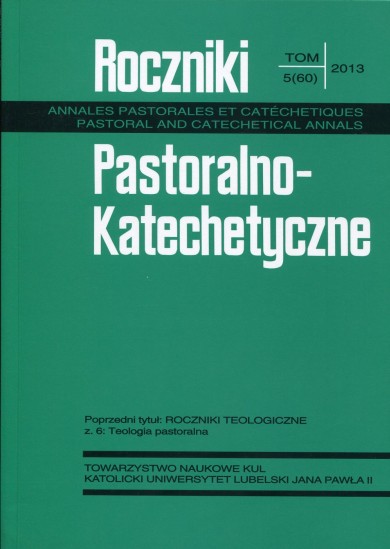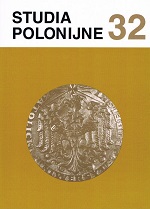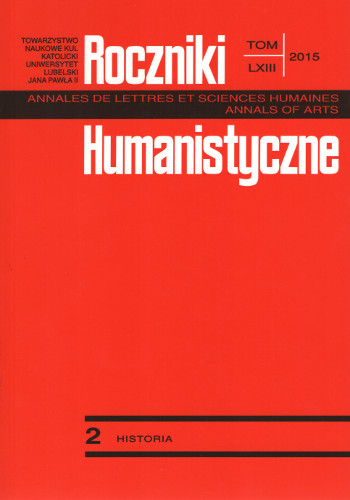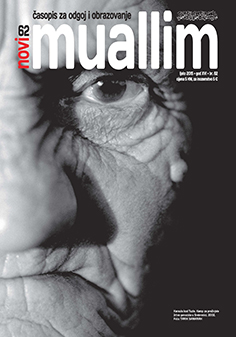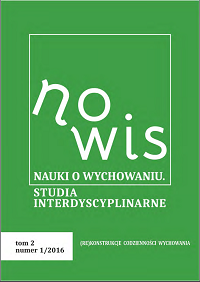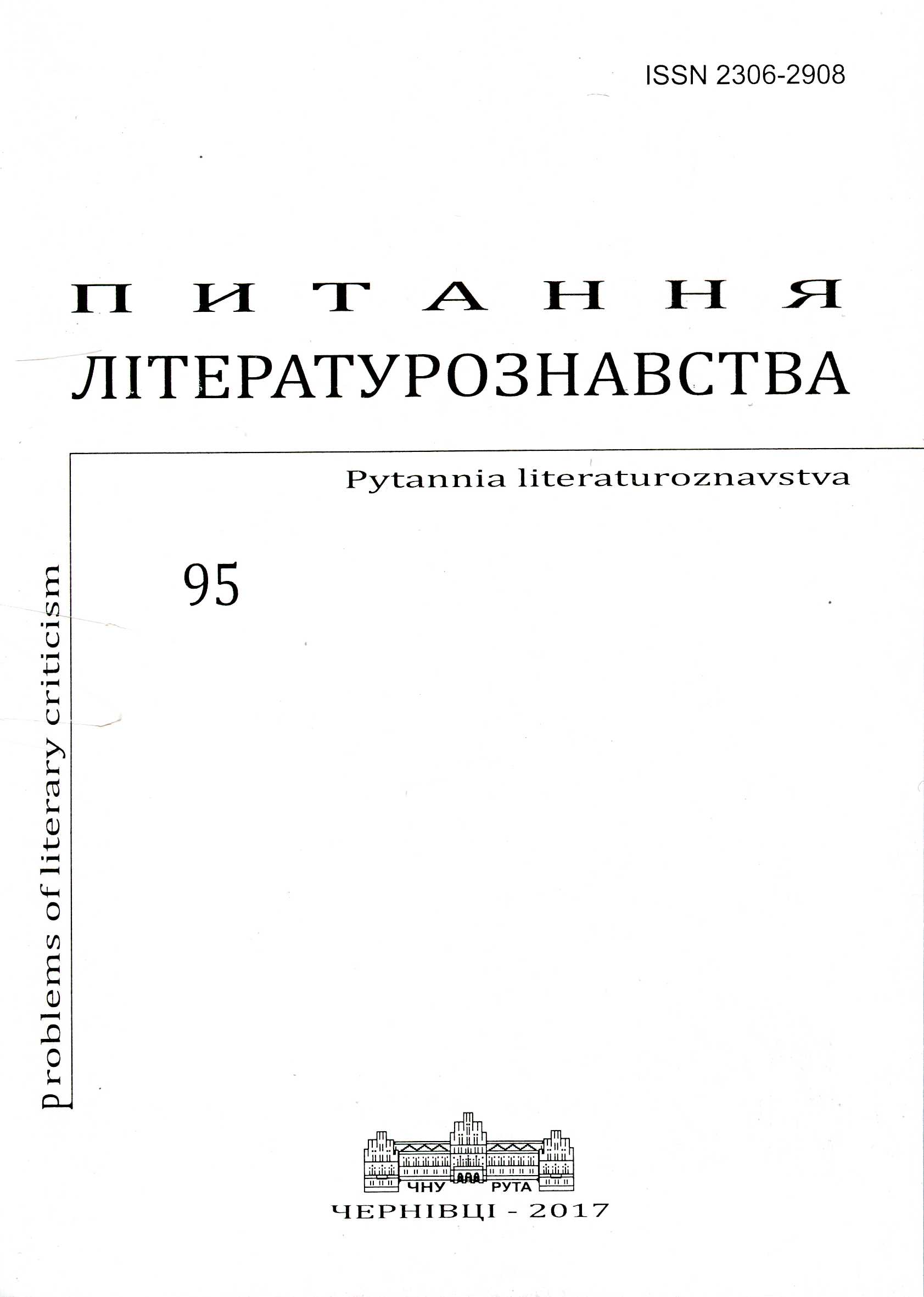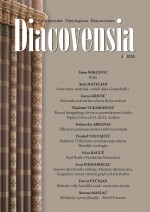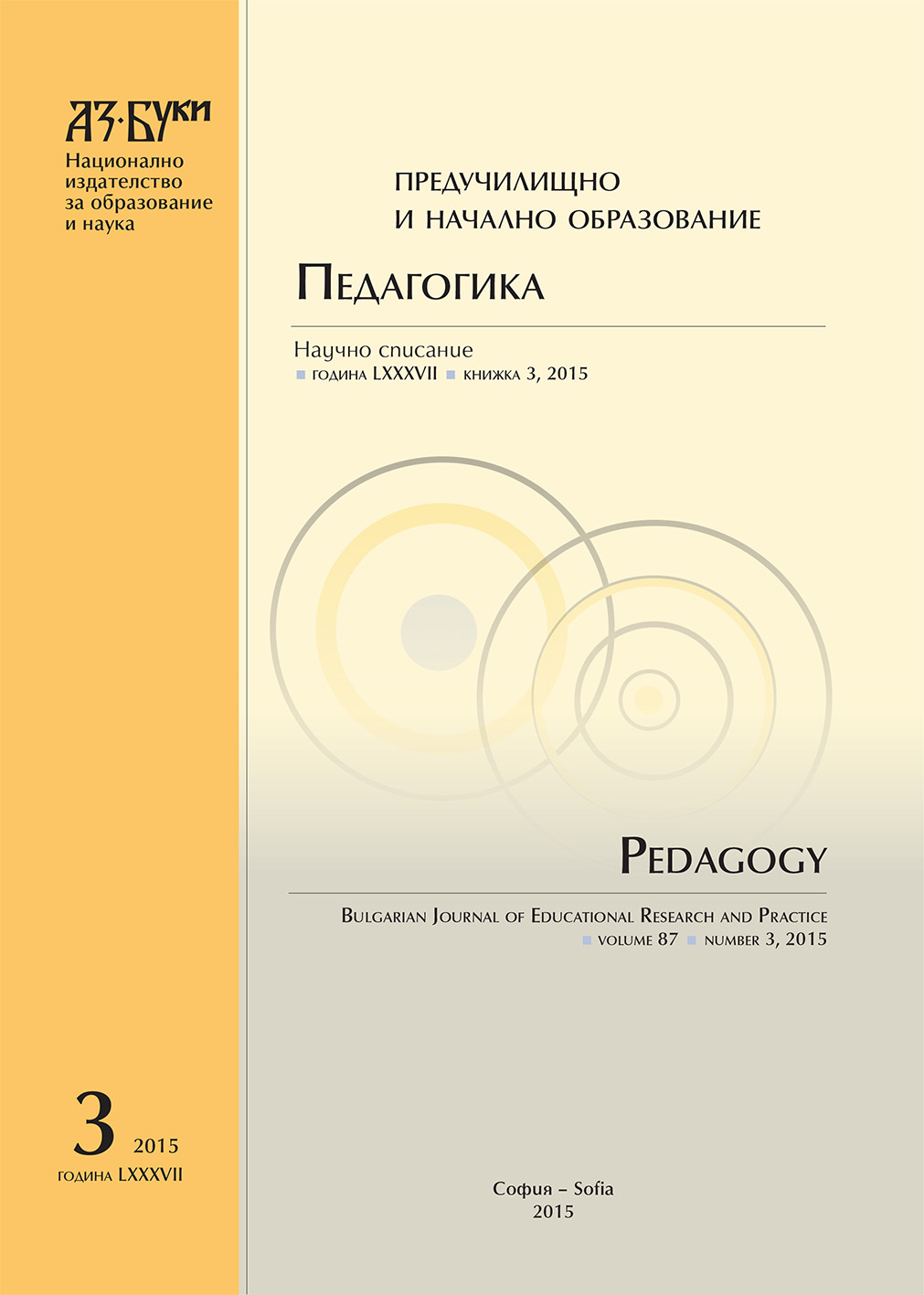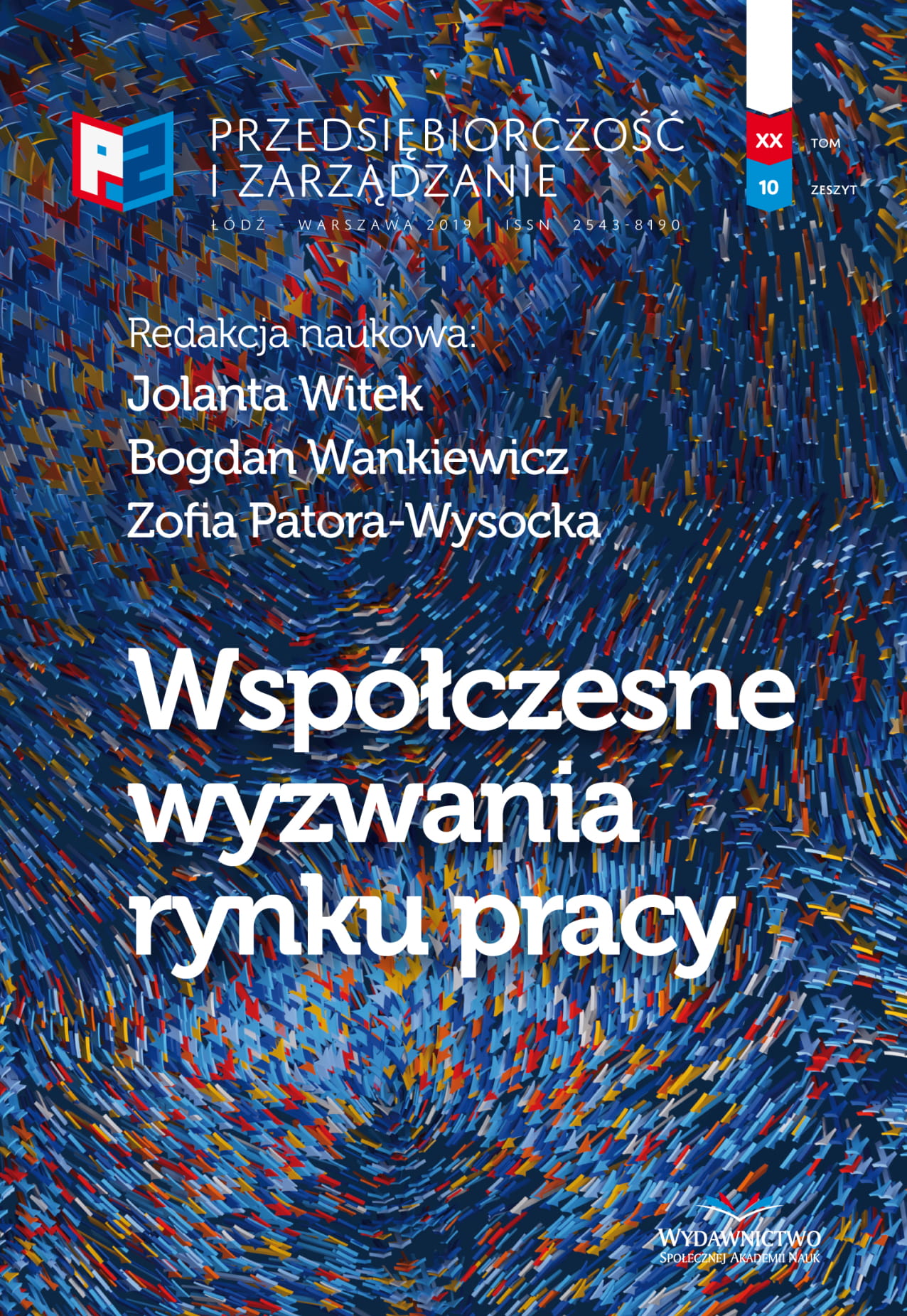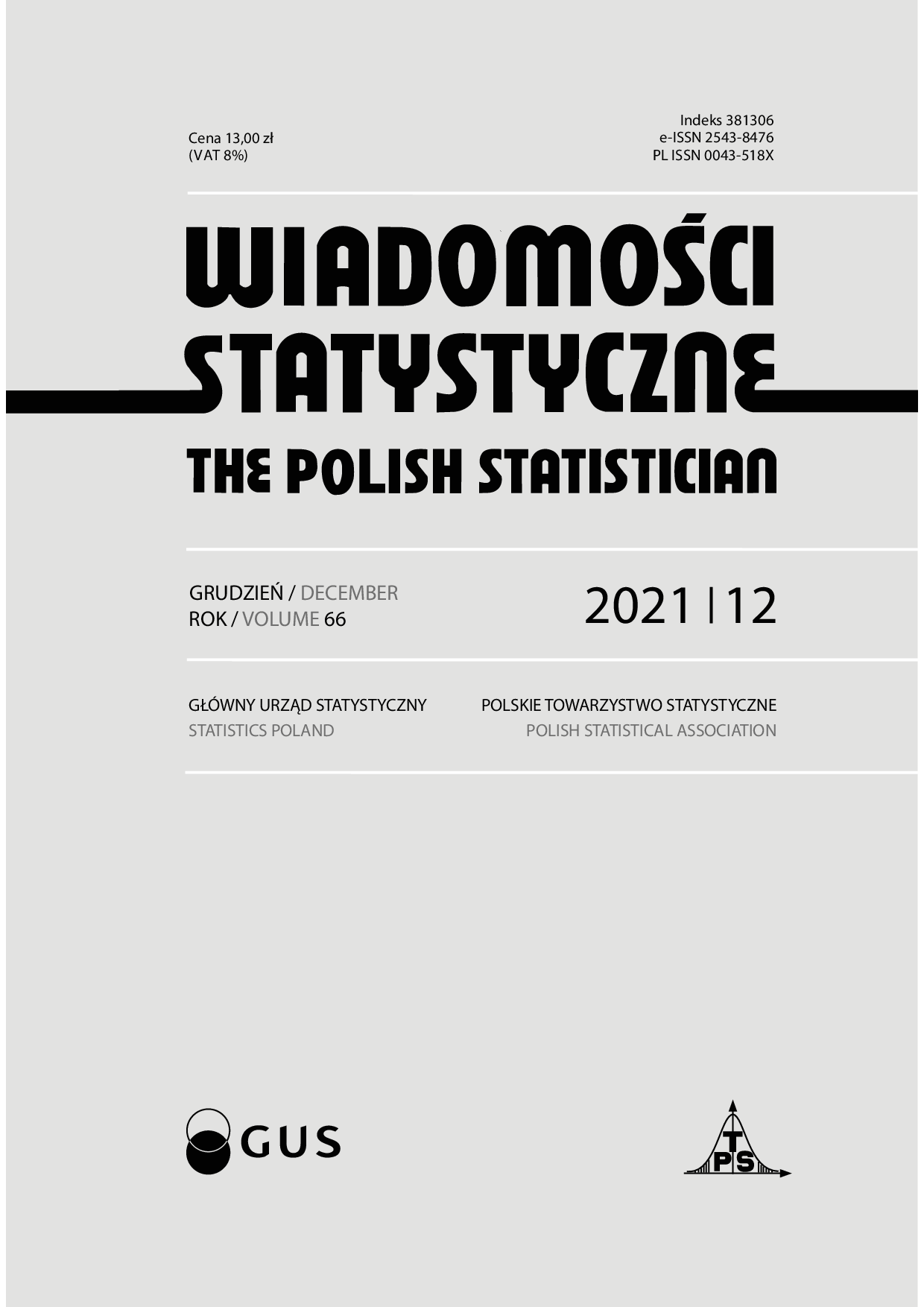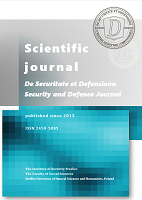Communication in Social Work – Between Emission and Listening
Comunicarea în asistenţă socială, între emitere şi ascultare
Keywords: communication; conflict; listening; barriers; assistance; efficiency; message
The study highlights the importance of communication in human inter-relation process and it especially deals with the conflicts that might occur due to lack of attention given to listening. Regarded as a complex process, communication is analysed as a binder of inter-human relations. The causes that lead to misunderstandings and conflicts in organisations are specified. The article analyses the importance of attention, reception and perception in listening process. The study deals with the main elements of message interpretation addressing necessary suggestions to any receiver, mainly social workers that deal with people in difficulties. Also, it is presented the barriers in efficient communication process making recommendations to improve communication.
More...
